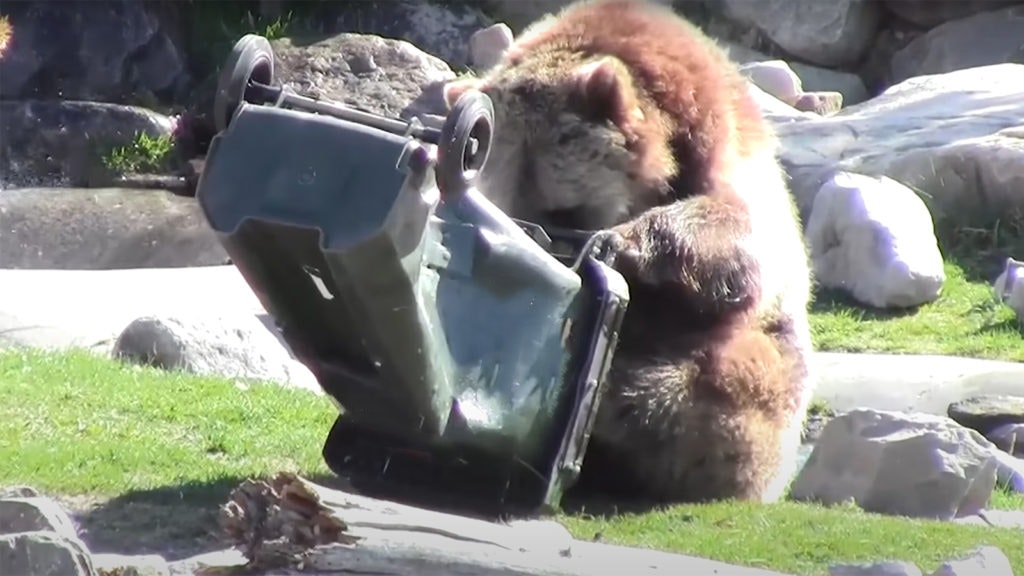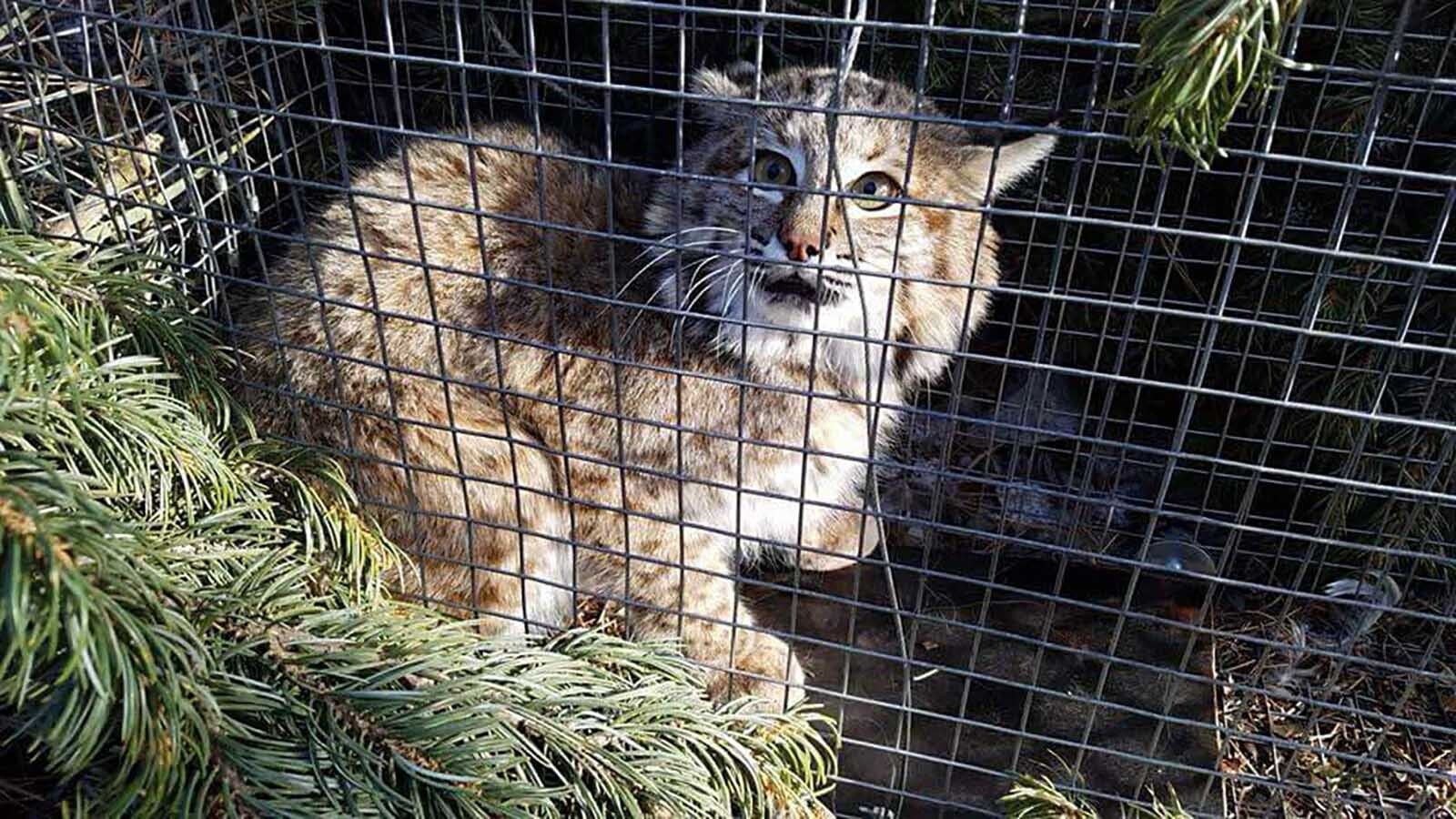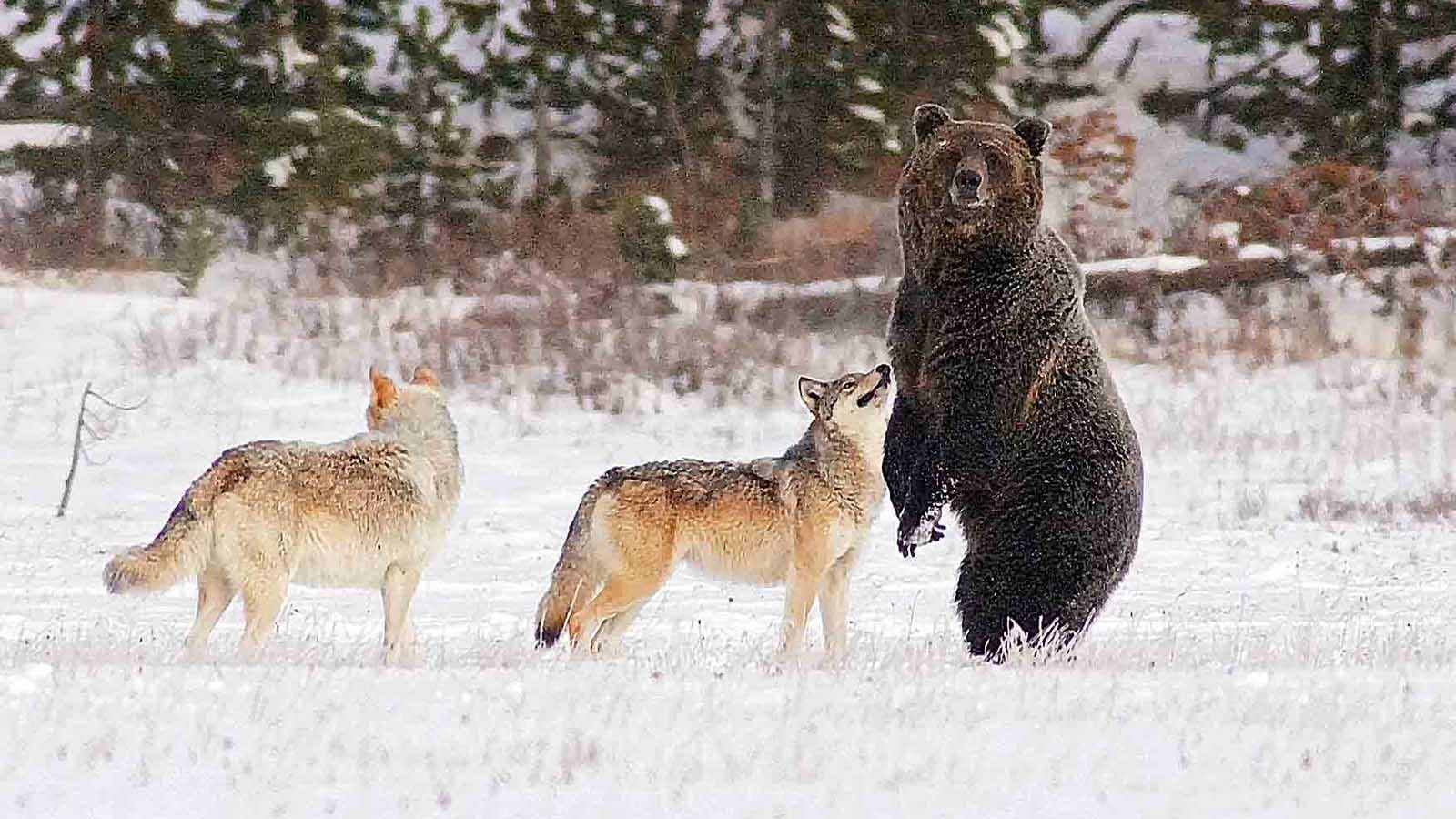More than 1,000 garbage cans touted as “bear resistant” and distributed across Teton County have turned out to not be bear resistant after all, despite a county ordinance stating that garbage containers must meet that standard.
Even so, that shouldn’t undermine efforts to mitigate conflicts between people and bears, Wyoming Game and Fish Department large carnivore specialist Dan Thompson told Cowboy State Daily.
“From my perspective, the shift toward bear-resistant infrastructure is being done in a common-sense approach that attempted not to be too burdensome on the public and trash haulers of the county (Teton) and community,” he said.
Poor Timing
The 95-gallon model of not-so-bear-resistant trash container is made by Rehrig Pacific Co.
The receptacles were initially deemed bear resistant by the The Interagency Grizzly Bear Committee (IGBC), a multi-state grizzly conservation and cooperative, and Game and Fish is one of the agencies involved.
However, that model later failed a “live test” with an actual grizzly that was being kept in an enclosure, so IGBC withdrew its certification of the cans in June 2021.
That was too late for Teton County, which had bought many of the cans, Chris Neubecker, the county’s director of planning and building services, told Cowboy State Daily.
And in April 2022, the county updated its regulation, requiring garbage containers to be certified bear resistant by the IGBC.
“Many cans were purchased and distributed within the community before our regulation was updated in April and before the model being removed from the IGBC list,” Neubecker said.
He added that it could be awhile before the county can start replacing the questionable cans, so county residents should be able to continue using the Rehrig trash containers without penalty.
“Also, considering the supply chain problems that haulers and others have faced purchasing and taking delivery of bear-resistant trash cans, we believe that a trash can that was once IGBC certified is better than an uncertified can, until we can get the inventory needed for the scale of the problem,” he said.
No Such Thing As ‘Bear Proof’
The Rehrig Pacific cans have held up for most county residents, Neubecker said. And it was a black bear, not a grizzly, that pulled off the only breach so far.
“During the summer of 2022, a black bear was able to breach one of these cans in our community,” he said. “It’s important to remember these cans are ‘bear-resistant,’ not ‘bear-proof.’ That means that with enough time, most plastic rollout containers would fail.”
Thompson agreed that there’s really no such thing as “bear proof,” given the strength, intelligence and tenacity of bears.
“A highly food-conditioned bear is going to work harder to gain access to any type of human food source,” he said.
Tolerance Is Important
In the greater scheme of things, that means it’s more important to educate people to not tempt bears to leave the wild and seek food near human settlements in the first place, Thompson said.
Poor practices that can draw bears to subdivisions and towns include leaving pet food outside where bears can get to it.
While it’s important to try making sure that garbage containers in areas with lots of bears are certified bear resistant, splitting hairs over the matter could do more harm than good in the long run, Thompson said.
“If any wildlife issues become overly burdensome for the masses it increases the potential for tolerance to wane for wildlife populations and in this case bears,” he said.





